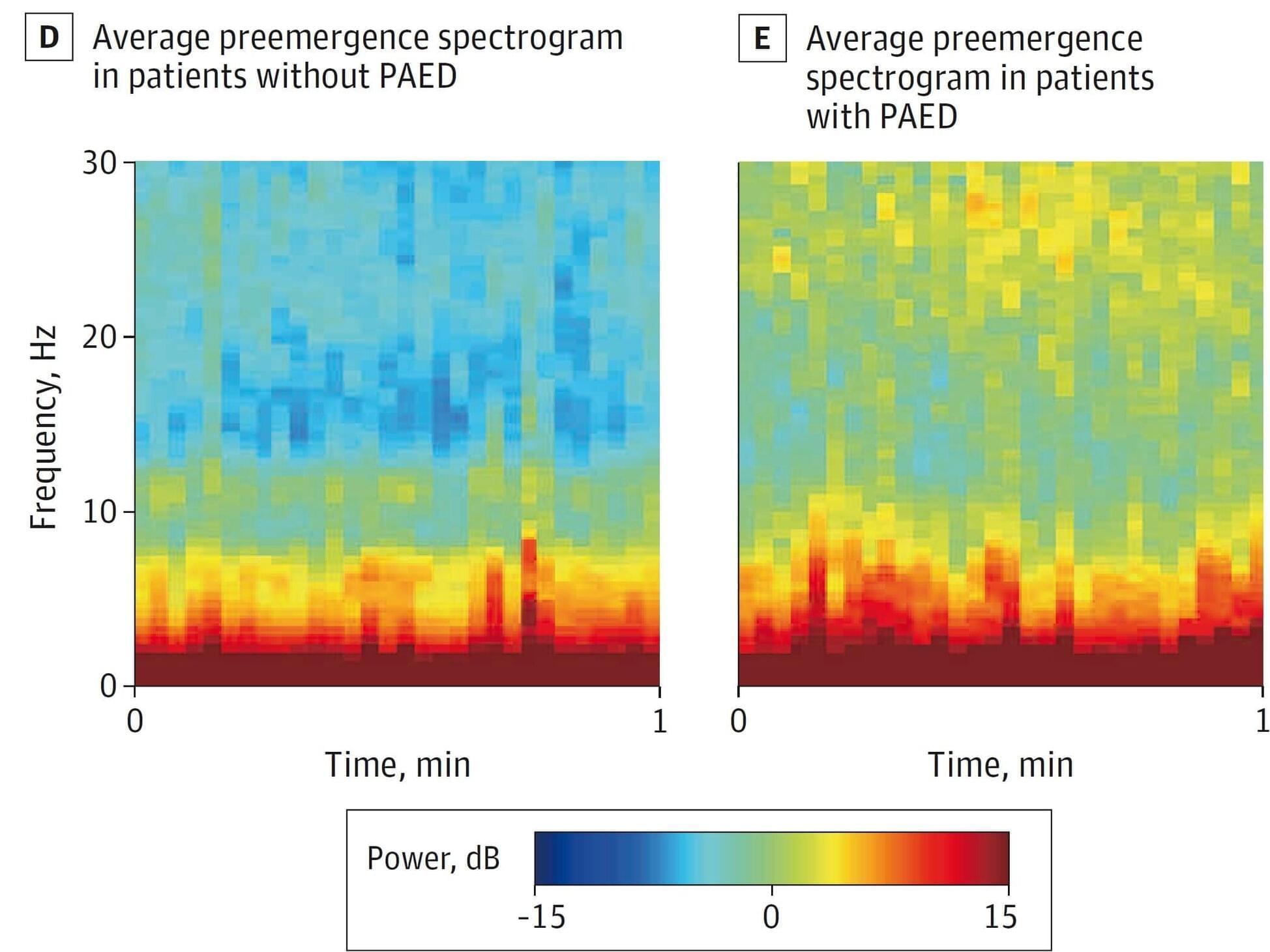Results of a randomized, controlled clinical trial in Japan among more than 170 children aged 1 to 6 who underwent surgery show that by using EEG readings of brain waves to monitor unconsciousness, an anesthesiologist can significantly reduce the amount of the anesthesia administered to safely induce and sustain each patient’s anesthetized state.
On average, the patients experienced significant improvements in several post-operative outcomes, including quicker recovery and reduced incidence of delirium.
“I think the main takeaway is that in kids, using the EEG, we can reduce the amount of anesthesia we give them and maintain the same level of unconsciousness,” said study co-author Emery N. Brown, Edward Hood Taplin Professor of Medical Engineering and Computational Neuroscience at MIT and an anesthesiologist at Massachusetts General Hospital. The study appears in JAMA Pediatrics.
